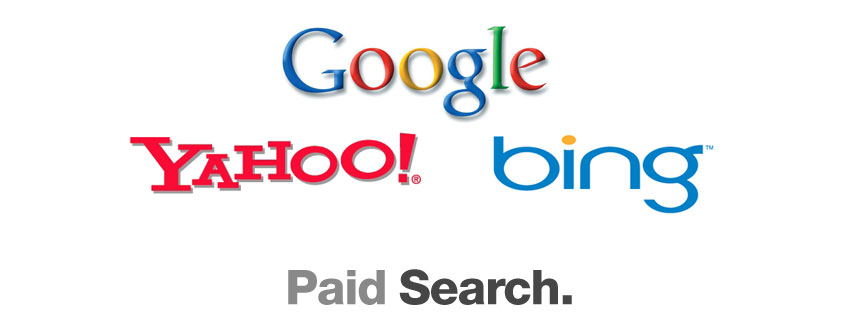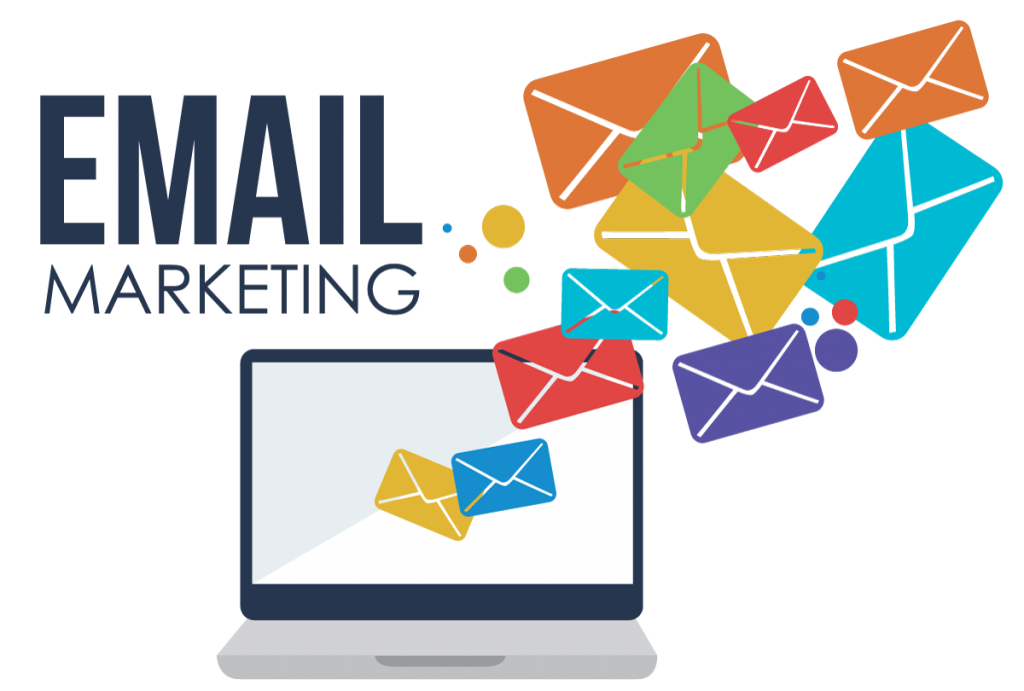 It is a certifiable fact that every entrepreneur has ideas on how he will push his services and products out to potential customers. It is also a certifiable fact that every entrepreneur has that annoying tendency of overcomplicating things. In fact, it’s a general tendency in people to rate complicated concepts above simpler ones. Nowhere is this more prevalent than in marketing. Entrepreneurs will cook up complicated marketing strategies simply because they want to rake in applause for their genius. Instead, they should start with basic marketing strategies and then build on them with their ingenuity.
It is a certifiable fact that every entrepreneur has ideas on how he will push his services and products out to potential customers. It is also a certifiable fact that every entrepreneur has that annoying tendency of overcomplicating things. In fact, it’s a general tendency in people to rate complicated concepts above simpler ones. Nowhere is this more prevalent than in marketing. Entrepreneurs will cook up complicated marketing strategies simply because they want to rake in applause for their genius. Instead, they should start with basic marketing strategies and then build on them with their ingenuity.
Basic marketing strategies are nothing but strategies that have been explored to death. These strategies tend to be easy to implement with respect to virtually every parameter you can think of including effort and resources. Basic marketing strategies are also effective in terms of their impact which brings in Key Performance Indicators (KPIs) and Returns on Investments (ROIs). It sounds too good to be true, right? Well, it is true and despite that many entrepreneurs almost skip these strategies. What are these basic marketing strategies? Here are a few.
Basic Marketing Strategies #1: Amplified Marketing
 Amplified marketing means paid marketing, whether it is on search engines, social media, or even classified. When you pay for an advertisement somewhere, it is called amplified marketing. The primary purpose of amplified marketing is customer acquisition. It brings in first-time customers, which is the toughest part of marketing. The business can then implement various strategies to retain those customers and keep them coming back.
Amplified marketing means paid marketing, whether it is on search engines, social media, or even classified. When you pay for an advertisement somewhere, it is called amplified marketing. The primary purpose of amplified marketing is customer acquisition. It brings in first-time customers, which is the toughest part of marketing. The business can then implement various strategies to retain those customers and keep them coming back.
Amplified marketing is an extremely fundamental marketing strategy that is perfect for kick-starting a business and bringing in the first customers. There are various platforms on which amplified marketing can be implemented. The conventional platforms such as print media and flyers have been around for a while but they’re no longer as relevant in the face of paid search and paid social media. Both paid search and social media ads tend to give tremendous returns for start-ups if used in the right way.
Basic Marketing Strategies #2: Content Marketing
 Amplified marketing and content marketing are basic marketing strategies that mirror the hare and tortoise story. If amplified marketing is the hare, content marketing is the tortoise. Amplified marketing is quick off the blocks while content marketing is slow. However, in the long run, it will always be content marketing that wins the race.
Amplified marketing and content marketing are basic marketing strategies that mirror the hare and tortoise story. If amplified marketing is the hare, content marketing is the tortoise. Amplified marketing is quick off the blocks while content marketing is slow. However, in the long run, it will always be content marketing that wins the race.
In practice, content marketing creates organic growth through visitors who end up being more loyal than visitors that drop in through amplified marketing. The reason for this is that the content marketing based persuasion is more subtle and deeper than amplified marketing persuasion, which largely revolves around pricing.
Comparing content marketing to amplified marketing further, the former is more economical which also means that it is more sustainable in the long term. However, it can be more time consuming and tedious than paid marketing as well. Typically, these basic marketing strategies are used in tandem with each other.
Basic Marketing Strategies #3: Email Marketing
 As mentioned earlier, amplified marketing is primarily used for customer acquisition. Once a customer comes on board by buying a product or availing a service, the business also needs to retain him so as to keep him coming back for more. Statistically, it has been proven time and again that retaining customers is far easier than getting new ones. Effectively, while paid marketing helps in the short term, its long-term feasibility relies completely on how well the business retains the new customers.
As mentioned earlier, amplified marketing is primarily used for customer acquisition. Once a customer comes on board by buying a product or availing a service, the business also needs to retain him so as to keep him coming back for more. Statistically, it has been proven time and again that retaining customers is far easier than getting new ones. Effectively, while paid marketing helps in the short term, its long-term feasibility relies completely on how well the business retains the new customers.
Of all the basic marketing strategies, the best one with respect to customer retention is email marketing. Email marketing is beneficial because it is low cost, it is less tedious, and it is very effective. For example, 10 percent conversion rate is the average when it comes to email marketing. This is significantly more than the average conversion rates of most other marketing strategies. Consequently, low inputs and high returns make email marketing a must have for most businesses.
Basic Marketing Strategies #4: Social Media Marketing
 Technically, social media marketing is a form of amplified marketing because it usually points to paid social media campaigns. However, we’re using the term ‘marketing’ here fairly loosely. What we mean here is the use of social media to reach new customers, retain existing customers, and drive conversions. Marketing on social media networks is quickly becoming more popular than even paid search largely because of more refined targeting metrics as well as access to pretargeted audiences.
Technically, social media marketing is a form of amplified marketing because it usually points to paid social media campaigns. However, we’re using the term ‘marketing’ here fairly loosely. What we mean here is the use of social media to reach new customers, retain existing customers, and drive conversions. Marketing on social media networks is quickly becoming more popular than even paid search largely because of more refined targeting metrics as well as access to pretargeted audiences.
For example, better targeting metrics mean that a business can reach more focused target audiences, provided they invest in creating buyer personas. Similarly, ‘pretargeted audiences’ refers directly to the people who’re already following the business on these social media networks. These are people who’ve already shown interest in the business so it will be easier for the business to get them to convert.
Basic Marketing Strategies #5: Incentive Marketing
 Incentive marketing is as simple as it can get. The deal is elementary. You offer an incentive to the potential customer to turn into the customer. This means giving discounts, freebies, and any other type of incentive you can think of. Incentive marketing is rooted in human psychology where the individual values a discounted product more than a non-discounted product even if the prices of the both are same.
Incentive marketing is as simple as it can get. The deal is elementary. You offer an incentive to the potential customer to turn into the customer. This means giving discounts, freebies, and any other type of incentive you can think of. Incentive marketing is rooted in human psychology where the individual values a discounted product more than a non-discounted product even if the prices of the both are same.
For instance, if you give a discount of $20 on a product retailing at $120, you’ll get more traction in your target audiences than if you offer the same product at $100 without any discount. The amount of money the customer spends, in the end, is the same but the first option makes him feel like he got a steal.
Basic Marketing Strategies #6: Niche Marketing
 Niche marketing is probably the most nuanced of all the basic marketing strategies we’ve mentioned till now. The reason for this is that niche marketing requires more analyses and strategy than all other basic marketing strategies. With niche marketing, you have to pinpoint either a highly specialised product in your product portfolio or a highly focused target audience.
Niche marketing is probably the most nuanced of all the basic marketing strategies we’ve mentioned till now. The reason for this is that niche marketing requires more analyses and strategy than all other basic marketing strategies. With niche marketing, you have to pinpoint either a highly specialised product in your product portfolio or a highly focused target audience.
The purpose is to devote most of your resources into conquering one small market segment at a time. Therefore, if you have a jewellery e-commerce store and you want to focus on a specialised product, then you can focus on the Claddagh Ring to target the Irish community in Australia. This is a specialised ring design that means a lot more to the Irish than it does to other communities. Similarly, you can target the Indian customer based with a Ganesh or Saraswati gold coin since Indians feel those gods bring good luck.
Basic Marketing Strategies #7: Referral Marketing
 28Referral marketing is a dual strategy. It helps retain the existing customer while simultaneously bringing in newer customers. Referral marketing is, essentially, offering your existing customers discounts and other benefits for referring their friends and family members. The discounts ensure that the existing customer gets happy while they also act as incentives to bring in new customers. This is a win-win strategy for everyone involved and is, thus, highly recommended to businesses, small and large.
28Referral marketing is a dual strategy. It helps retain the existing customer while simultaneously bringing in newer customers. Referral marketing is, essentially, offering your existing customers discounts and other benefits for referring their friends and family members. The discounts ensure that the existing customer gets happy while they also act as incentives to bring in new customers. This is a win-win strategy for everyone involved and is, thus, highly recommended to businesses, small and large.
Leave a Reply